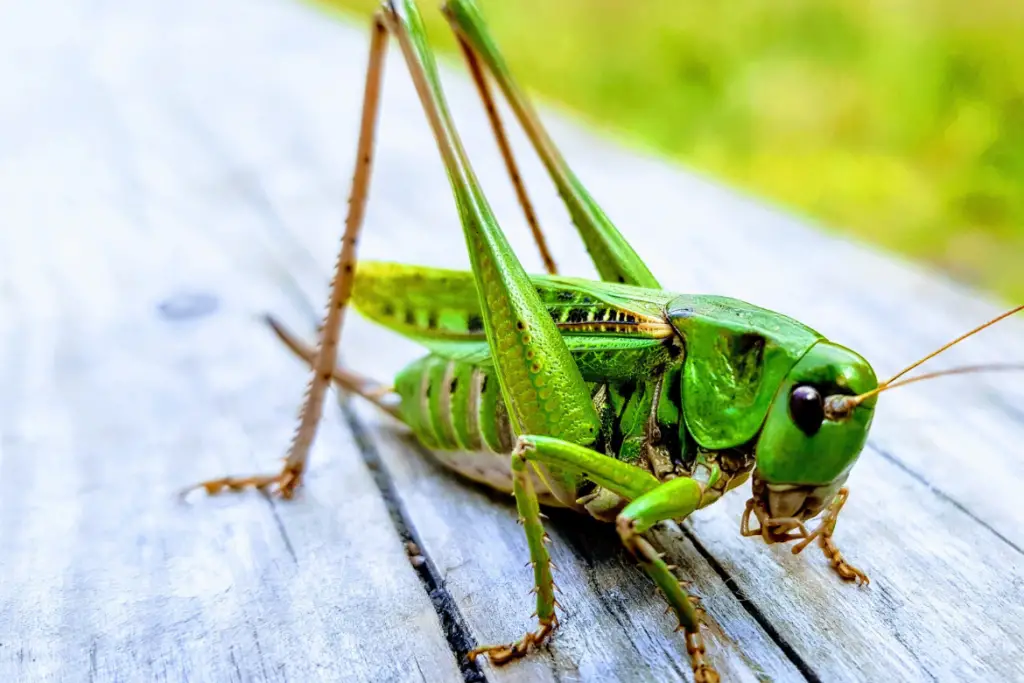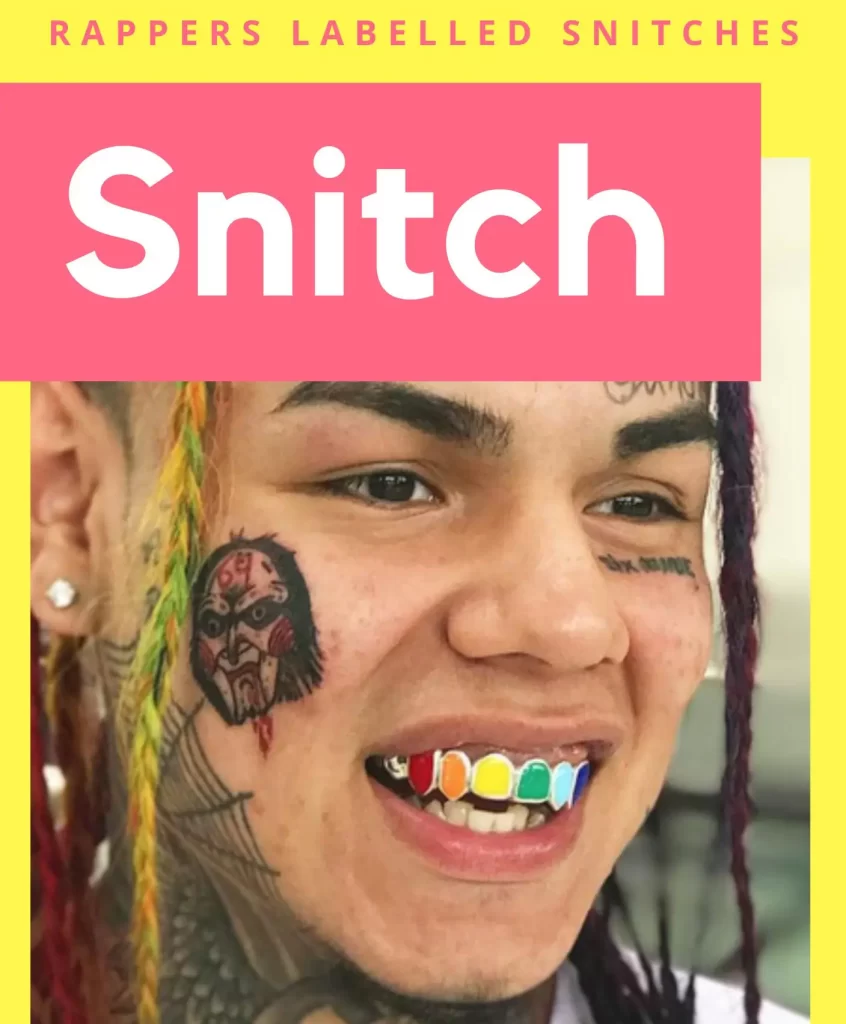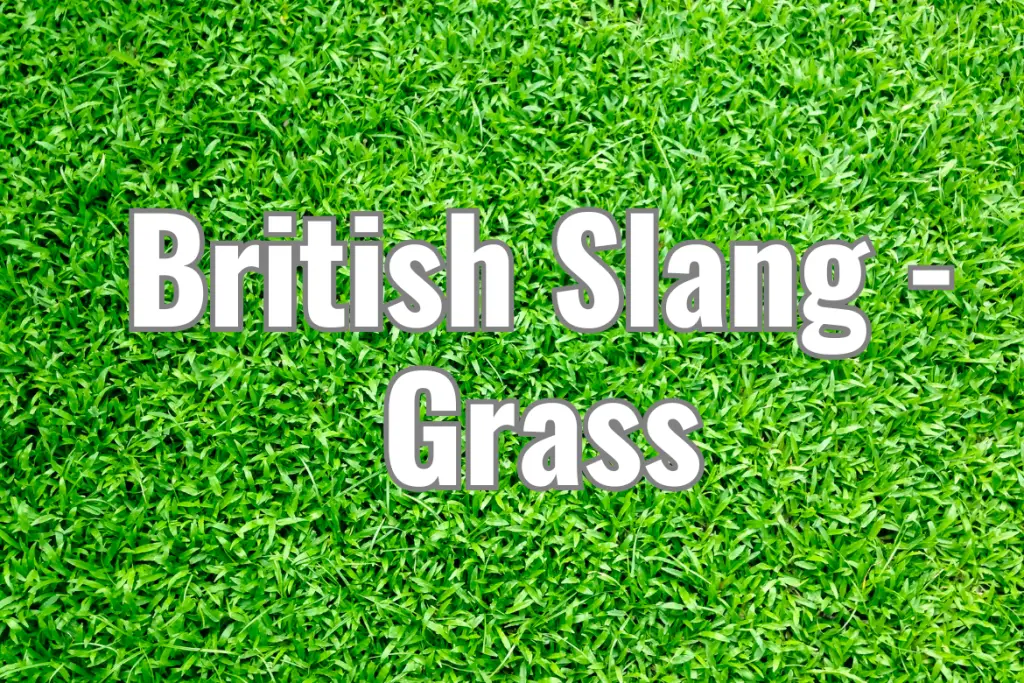From the lush meadows of the English countryside to the bustling streets of London, the term “grass” might conjure images of nature for some. But in the world of British slang, it paints a different picture altogether. Let’s delve deep into the term “grass,” its origins, and its place in the unique and ever-evolving lexicon of British slang.
Introduction:
While the term “grass” primarily brings to mind the green stuff underfoot, in British slang, it’s not always about picnics and Sunday football. In certain circles, calling someone a “grass” might get you some sideways glances. Intrigued? Let’s uncover why.
Historical Roots Deep Dive:
To fully appreciate the rich tapestry of British slang, it’s essential to journey back in time, particularly to the bustling streets of 20th-century London. This era, marked by post-war reconstruction and socio-cultural shifts, was also a fertile ground for the evolution of colloquial language. Within this backdrop, London’s criminal underworld played an unexpected role in shaping the vernacular.
“Grass,” as a slang term, didn’t just sprout out of nowhere. Its roots are intricately woven with the Cockney rhyming slang, a distinctive and playful form of language native to East London. For the uninitiated, Cockney rhyming slang involves substituting a word with a phrase that rhymes, often (confusingly) dropping the rhyming word altogether. It was both a form of linguistic art and, at times, a secretive code among certain communities.
Enter “grasshopper.” This seemingly innocuous insect had little to do with betrayal but was, in fact, rhyming slang for “shopper.” Now, one might wonder what shopping has to do with informing on someone. In the slang of London’s more shady corners, a “shopper” wasn’t someone perusing the aisles for groceries. Instead, it referred to an individual who would “shop” or report criminals to the authorities, particularly the police. Such individuals were often viewed with distrust and disdain in the criminal world, as they were seen as betraying their own.

As with many phrases in rhyming slang, efficiency took precedence over time. “Grasshopper” was gradually shortened, dropping the “hopper” and leaving behind “grass.” This truncation made the term more discreet, further embedding it in the lexicon of those wishing to discuss informants without drawing undue attention.
Urban Emergence and Meaning:
In the heart of Britain’s urban culture, “grass” has come to describe an informant or a snitch. It’s not particularly flattering and can imply betrayal, especially when used in contexts of crime or secrecy. If someone has “grassed” on another, they’ve reported or tattled on them, often causing trouble or legal implications.
Generational Evolution & Variations:
While the term has its roots in older generations, it still maintains its relevance today, especially in urban settings and media. However, with the proliferation of American media in the UK, terms like “snitch” are also commonly understood. Still, “grass” remains a uniquely British expression, intertwined with the nation’s history and culture.

Related Slang & Comparative Analysis:
In the realm of British slang, terms often have counterparts in other cultures. For instance, “snitch” in American slang or “dobber” in Australian parlance serve similar functions to “grass.” Such cross-cultural parallels underscore the universality of language and the shared human experience, albeit with regional flavors.
Cultural Impact, Media, and Modern References:
From gritty crime dramas to British rap lyrics, the term “grass” has permeated popular culture. It often serves as a plot point in stories involving crime, secrecy, and betrayal, highlighting the moral dilemmas faced by characters torn between loyalty and duty.
Conclusion:
“Grass,” while initially evoking simple natural imagery, becomes a term rife with connotations of betrayal and intrigue in the world of British slang. Its evolution from Cockney rhyming slang to a staple in urban lingo is a testament to the dynamic, multifaceted nature of language. So, if you’re ever in the UK and hear the term, remember: context is everything. And it might not always be about the lawn.







